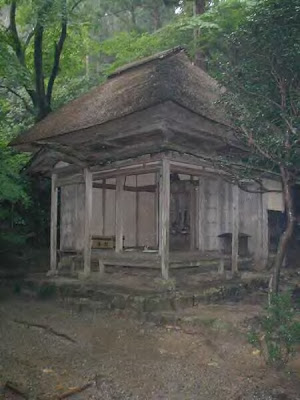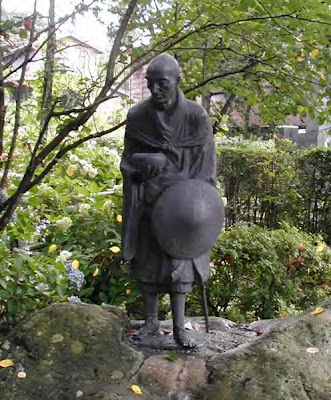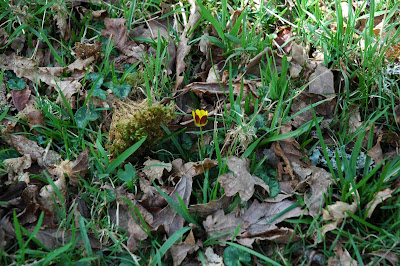Have you recently thought about the state of the world?
A couple of proselytising persons had found their way to the isolated cottage where I was staying these past couple of weeks. They had come in a large 4 x 4 with a spiritual mission, and I accepted that. They looked like regular folk. But how to answer the question? It was one of those moment when the mind goes literal. HAD I thought about the state of the world? Recently?
My answer, not thought through and following quickly on the heels of the question. Uh! sorry I’m really very busy with something inside. I excused myself and went indoors and they turned and left, no hard feelings. It was the best I could do at the time. I’d excused myself from the inevitable debate, politely and respectfully I hope. There was not an intention to deceive or to tell an untruth yet all the same, looked at from a certain perspective, I’d not been completely truthful.
The end of the poem that has been posted these past couple of weeks has the protagonist telling a fib. Moved by profound emotion while reading, his tears had soaked the book. A neighbour came by and asked about the wet book. Our friend said the rain had come in during the night and soaked it.
Actions, such as my response, are not without consequence of course, however the basic guiding principle is to do as little harm as possible and intention is paramount in terms of keeping the precepts. In a way the above two examples are about saving both self and other from lengthy explanations about subtle matters, which are difficult to negotiate at the best of times even with like minded listeners.
We will just have to continue to sit balanced on the tip of the sword of justice. This is not a comfortable place, as any parent with small children know only too well! Maturing to spiritual adulthood is our task.
Thanks to Miles for raising the question about truthfulness of speech, an important question.



